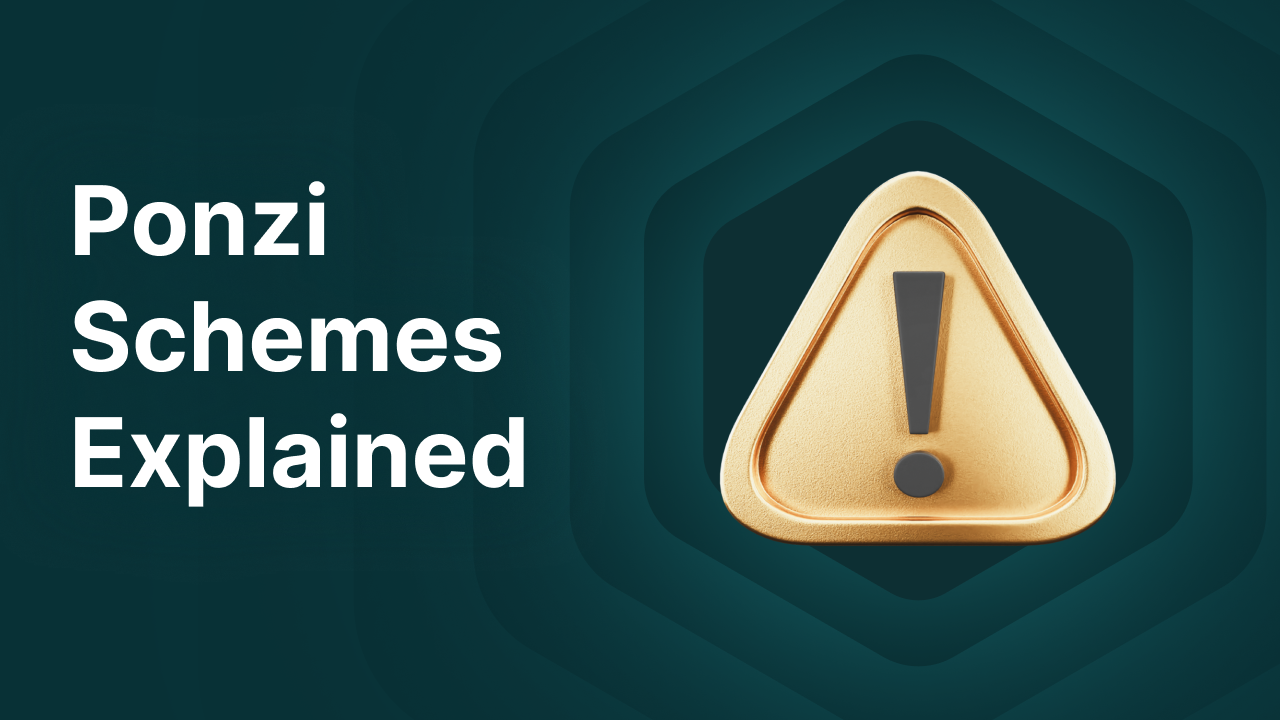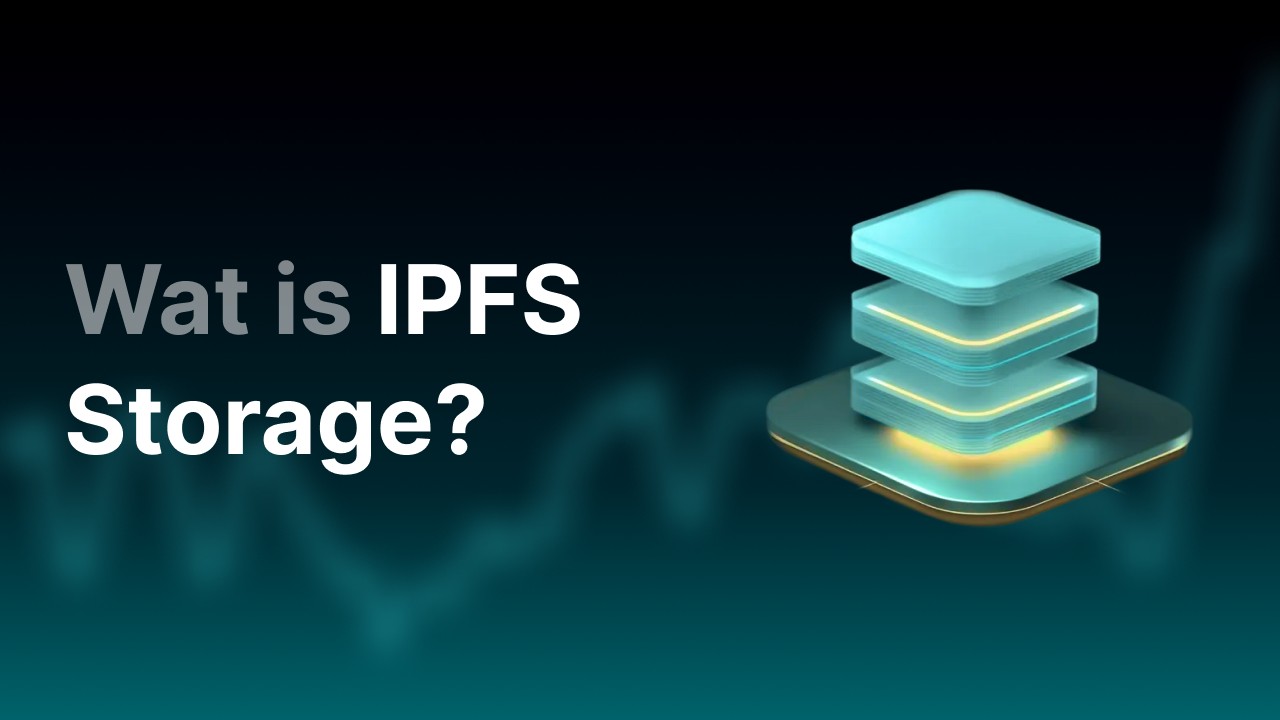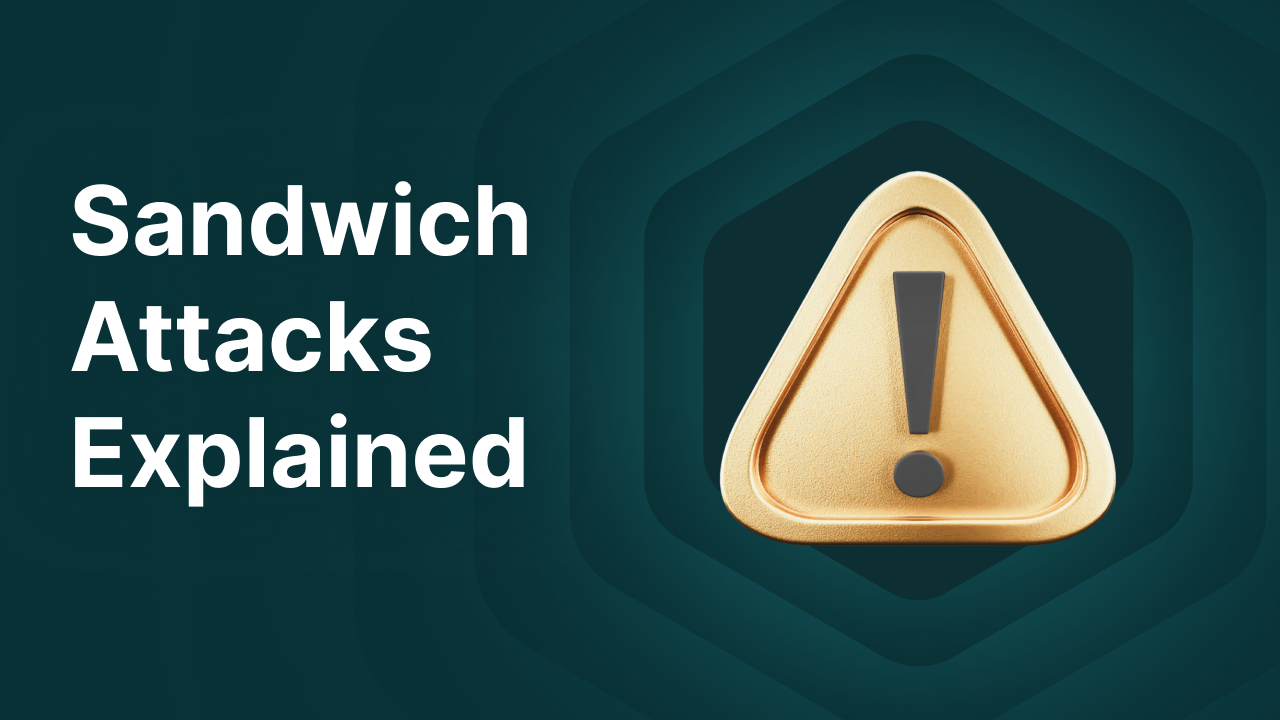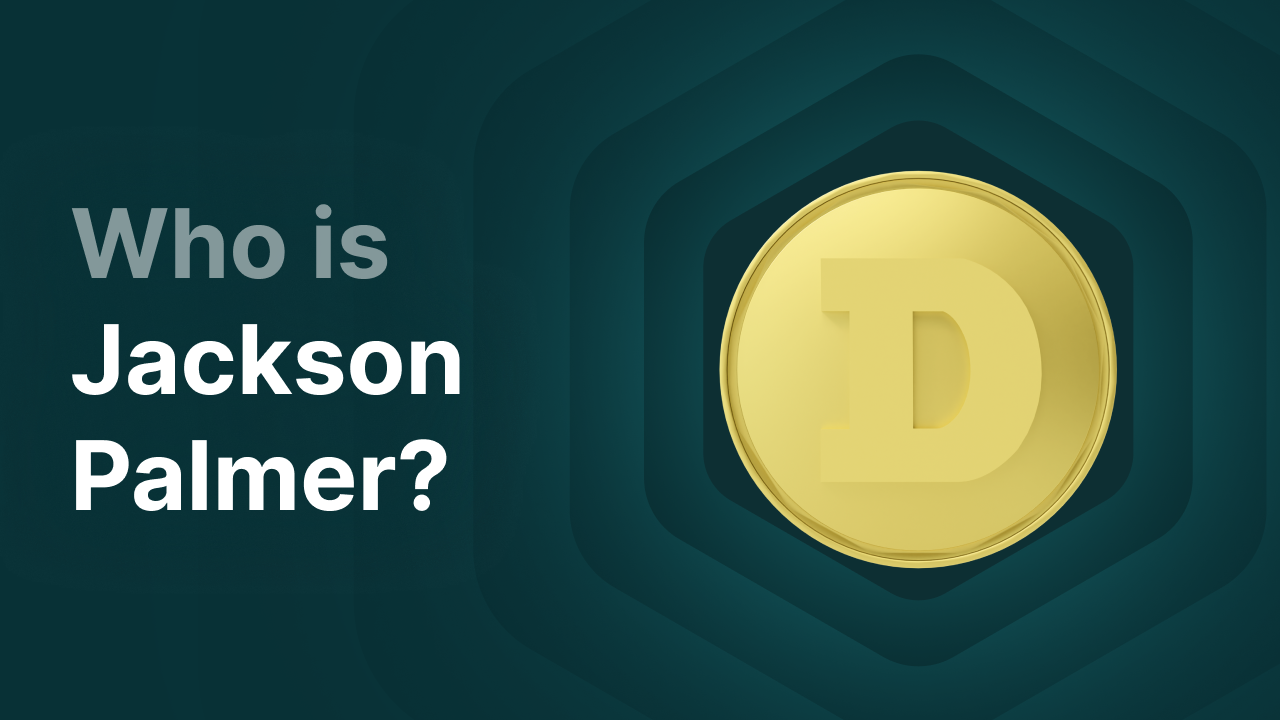What Is a Crypto Hot Wallet and How Do You Use It?
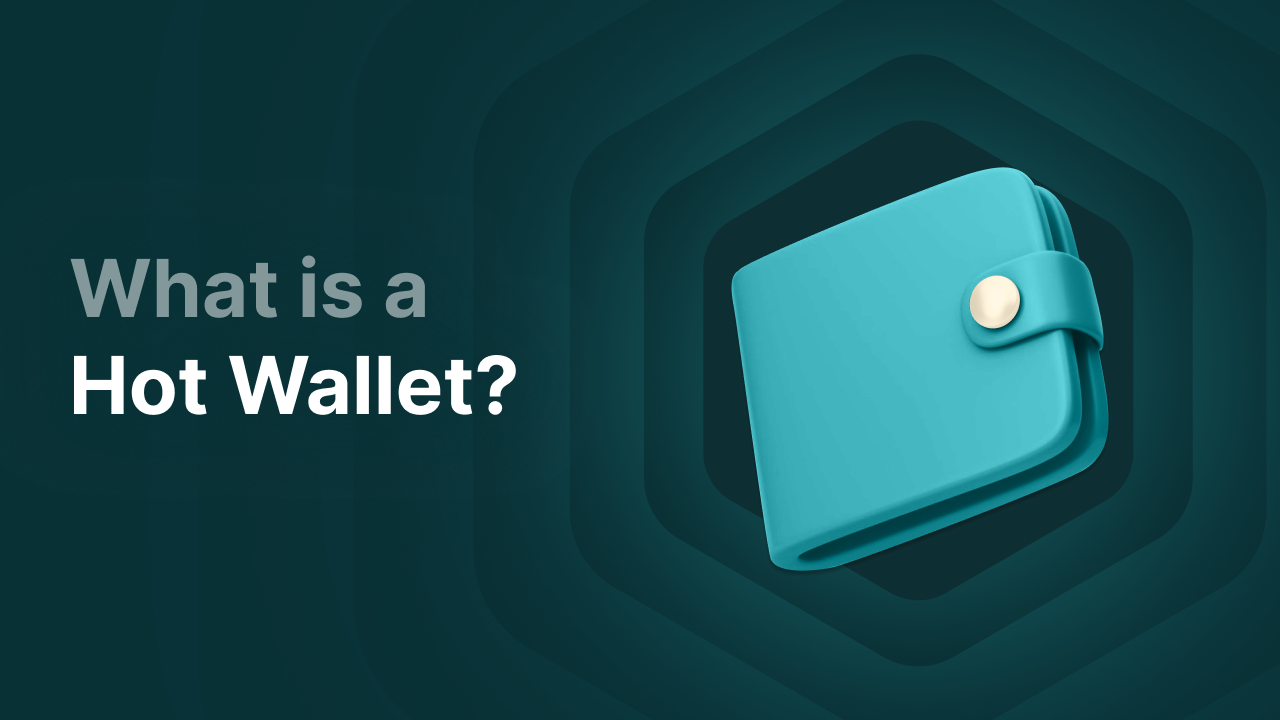
What Is a Hot Wallet?
A hot wallet is a crypto wallet that’s always connected to the internet, allowing you to store, send, and receive cryptocurrencies such as Bitcoin and Ethereum. Because a hot wallet is connected to the internet, it’s very convenient to use but also more vulnerable to online attacks.
Hot wallets are often available as software applications, such as mobile apps, browser extensions, or wallets that are part of a crypto exchange.
Like all other crypto wallets, hot wallets use two types of keys: public keys (public keys) and private keys (private keys). The public key works like an account number where others can send you crypto, while the private key acts like your PIN code, giving you access to your funds. With custodial wallets, you don’t have access to your private keys. With non-custodial wallets, you need to store them securely yourself.
In a hot wallet, these private keys are stored on a device that’s connected to the internet. This makes a hot wallet more exposed to hacks, malware, and phishing attacks.
Key Takeaways
- A hot wallet is a crypto wallet that’s always online and used to store, send, and receive crypto.
- Because it’s constantly connected to the internet, it’s convenient but also more vulnerable to hacks and malware.
- There are different types of hot wallets such as web, mobile, desktop, and exchange wallets.
- Hot wallets are free and user-friendly but less suitable for storing large amounts securely.
- Many users combine hot wallets with cold wallets for a balance between convenience and safety.
Hot Wallets vs. Cold Wallets
The opposite of a hot wallet is a cold wallet, where the wallet (and private keys) are stored offline and only temporarily connected to the internet to sign transactions. But there are a few more key differences:
Types of Hot Wallets
All hot wallets are connected to the internet, but there are different kinds of them. Here are the main categories:
- Web wallets: Wallets you use via a website or browser extension. Example: MetaMask.
- Mobile wallets: Wallets installed as apps on your smartphone. Example: Exodus.
- Desktop wallets: Wallets installed as software on your computer or laptop. Example: Exodus (desktop version).
- Exchange wallets: Wallets automatically created on a crypto platform. Example: Finst App.
Advantages of a Hot Wallet
- Instant access: You can make transactions anytime and anywhere.
- Ease of use: Perfect for daily purchases or active traders.
- Free or low-cost: Most hot wallets are free to download or come with a crypto platform.
- Accessible: You can often use them across multiple devices — web, desktop, or mobile.
Disadvantages of a Hot Wallet
- More vulnerable: Since it’s always online, it’s more exposed to hacks.
- Not ideal for large amounts: Better suited for smaller holdings or frequent transactions.
- No full control with exchanges: If you don’t hold the private keys, you don’t fully control your crypto.
- Reliance on third parties: Security depends on the provider’s infrastructure.
When and How to Use a Hot Wallet
You can use a hot wallet for the crypto you actively need or want to transact with. If you plan to hold large amounts, a cold wallet is the safer choice. Many crypto investors use a combination of hot and cold wallets.
If you want to start using a hot wallet, follow these steps:
- Create an account with an external hot wallet provider, such as MetaMask.
- Secure your account properly: Use strong passwords and two-factor authentication (2FA).
- Keep your hot wallet software up to date — updates often include important security patches.
- If you manage your own seed phrase, store backups safely offline.
What to Watch Out for with a Hot Wallet
Hot wallets are quick and easy to use, but they come with extra security risks. Here are the most important things to keep in mind:
-
Provider security
When using a hot wallet, you often rely on a third-party provider. Always choose a trustworthy wallet provider or exchange with a solid reputation and strong security practices. Check here to see the measures we’ve taken to protect customer assets. -
Manage your private keys
If you use an external hot wallet where you control your private keys, make sure to protect them properly. For example, store your seed phrase in a secure place like a safe. Without this recovery phrase, you can’t recover your crypto if your device is lost or damaged. -
Amount and convenience
Only use a hot wallet for the crypto you need actively. If you hold large sums or are a long-term HODL investor, a cold wallet is a better fit. -
Software and updates
Make sure your wallet software, browser, and operating system are always updated. These updates often fix security vulnerabilities that hackers try to exploit. -
Be aware of phishing
Always double-check that you’re on the official website or app. Never click suspicious links in emails or messages.
What Type of Wallet Should You Choose?
The type of wallet you should choose depends on how you plan to use your crypto.
- Hot wallet: Best for everyday management or active trading. You have instant access but face higher hack risks.
- Cold wallet: Best for long-term storage or holding large amounts securely. Cold wallets are offline and therefore safer but less practical.
- Combination of hot and cold wallets: A popular option — traders use hot wallets for fast transactions and cold wallets for secure storage.
Final Thoughts
A hot wallet offers a fast and convenient way to manage cryptocurrencies, making it ideal for active traders and users who make regular transactions. However, because it’s always connected to the internet, it’s more vulnerable to digital threats like hacks, malware, and phishing. That’s why you should only store small amounts in a hot wallet and ensure strong passwords, two-factor authentication, and frequent updates. For large amounts or long-term investments, a cold wallet is the safer alternative — making a combination of both wallet types the best balance between convenience and security.
